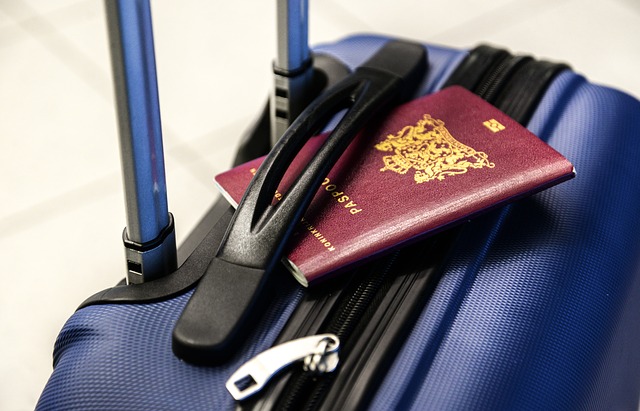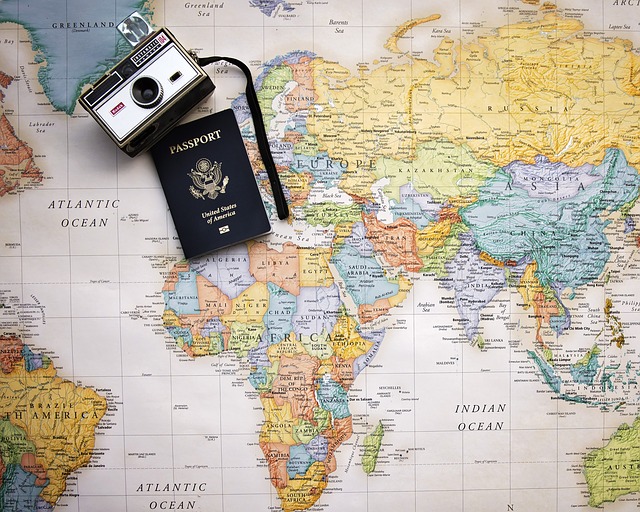
Are you coming to the U.S. to study English? If so, you probably have many questions regarding your visa: how to obtain it, what to do (and what not to do) during your interview, and how long your visa will be valid. Read on for information about student visas, including the I-94, B2, F1, and I-20.
Student Visa Information for International Students
I-94
An I-94 is a document that shows when you arrived to the U.S.. Everyone entering the US (who is not a U.S. citizen) has an I-94.
You can access your I-94 and get a copy of it here.
https://i94.cbp.dhs.gov/I94/#/home
F-1 student visas
F-1 visas are only issued by the local US Embassy or consulate in a student’s home country.
The steps to obtain a student F-1 visa are as follows:
- The student applies for a full course of study and is accepted to a certified school, such as CISL. (For information on how to obtain a visa from CISL, visit our website: https://cisl.edu/ or visit the Study in the States website: http://studyinthestates.dhs.gov/students)
- The school issues an I-20 form to the student. For this to happen, the student must provide the following: a copy of their passport, a permanent home address, proof of funds, city and country of birth, and exact study dates. Important: Only a DSO (Designated School Official) can sign an I-20. Copies are not permitted and it is illegal to send the I-20 by email or fax.
- The student then pays the $200 SEVIS fee using the I-20. The link to pay this fee is: https://www.fmjfee.com/i901fee/index.html
- After paying the SEVIS fee, the student can make an appointment with their local embassy. Follow the steps and pay the visa appointment fee at this address: https://travel.state.gov/content/visas/en/forms/ds-160–online-nonimmigrant-visa-application.html

Tips for the F-1 visa
At the interview, it is important to have all of the required documents with you. This includes:
- I-20
- I-901 receipt
- passport
- passport photos for the new visa
- proof of funds
- proof of a permanent address
Students are asked a lot of questions at the interview, including what they will study at CISL. Sometimes students are denied if they don’t have a clear academic goal. Make sure that you clearly know which courses you have enrolled in for CISL and be able to show that you have a clear academic goal (for example, to pass the English for Academic Purposes course, or to complete the Cambridge First Certificate Exam Preparation course). Students who are unaware of their program and their purpose of study can be denied a visa.
If students are enrolled in the Career English program, it is important not to use the word “internship.” An internship visa is a separate visa, and one that students at CISL do not obtain. CISL does not use the word “internship” in any of its documentation online or in print: this is because the Career English program is to help students improve their English skills at an American company. The goal of the program is not to have students improve their business skills.
If approved, the student will receive a visa in their passport. Please remember our school does not issue “visas.” Only the U.S. government issues visas.
Very important: F-1 students should not attempt to enter the US more than 30 days before their starting date. If this happens, students might not be able to enter the country.

Information regarding other types of visas
Most visas are for students studying full-time. Students studying part-time (17 hours or less) may apply for ESTA at https://esta.cbp.dhs.gov/esta/
Note: students already here on an ESTA visa waiver or B2 visa cannot be issued an I-20. They must return to their own country to apply for an F-1.
Visa waiver tourists are limited to 90 days or get a B1/B2 tourist visa for 6 months.
For B1/B2 tourists visas, students can go to the website: http://travel.state.gov/content/visas/english/visit/visitor.html for more information.
Students with J-1, M-1, or F-2 visas may only take part-time courses.
Contact CISL for more information on tourist visas.
